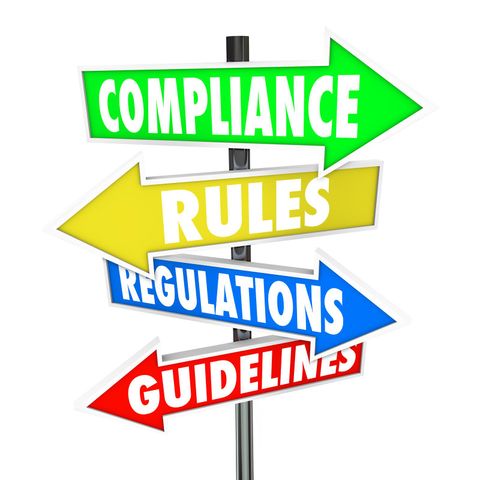Rules Enforcement by Associations Requires Consistency, Persistence
By HMI

All too often, our firm’s community association attorneys are asked by boards of directors and property managers about the steps that they can take to prevent troublesome residents from breaking the rules. In truth, we have found that associations which are active and persistent in disciplining their rule breakers are few and far between.
Typically, violations by unit owners and residents range from disobeying noise and nuisance provisions to more problematic issues such as ignoring an association’s prohibition of short-term rentals. Regardless of how big or small – or even how chronic – an infraction may be, it is important that boards do their part to enforce their association’s rules and regulations, which only work if they are uniformly administered. Choosing to look the other way when residents attempt to skirt or bend the rules can lead to chaos in a community, and ultimately an inability to enforce those rules even if the violations become egregious.
Upon the occurrence of any violation, the board of directors should contact their association’s legal counsel for a review of the governing documents to determine the specific provisions that have been violated based upon all of the pertinent evidence in the association’s possession. If it is determined that a violation has occurred, a notice of violation letter should then be sent to the resident. The violation letter should cite the provisions of the governing documents that were violated and provide the violator with either an opportunity to cure the violation or a demand that the violation cease and desist.
Association counsel should assist in the preparation of any demand letter, given that the enforceability of any restrictions or fine(s) imposed upon the resident will depend, in part, upon the use of a notice that is compliant with Florida Law and arbitration decisions rendered by the state’s Division of Condominiums. The notice is the first step required prior to taking further enforcement action, including filing a petition for arbitration against a resident for a violation of an association’s governing documents.
By following these relatively simple initial protocols, boards of directors can proactively minimize the amount of violations occurring in their communities.
By Laura M. Manning – original article: <Click Here>
With more than 45 years experience in the Central Florida area, Hara Community 1st Advisors has the expertise needed to efficiently manage your Condominium or Homeowner’s Association while providing the highest level of service to Boards and Owners. Contact HMI’s Regional Director Rick Michaud, or visit HMI online to learn more about their variety of client-customized services for community association management today.
About the Business
Have a question? Ask the experts!
Send your question

